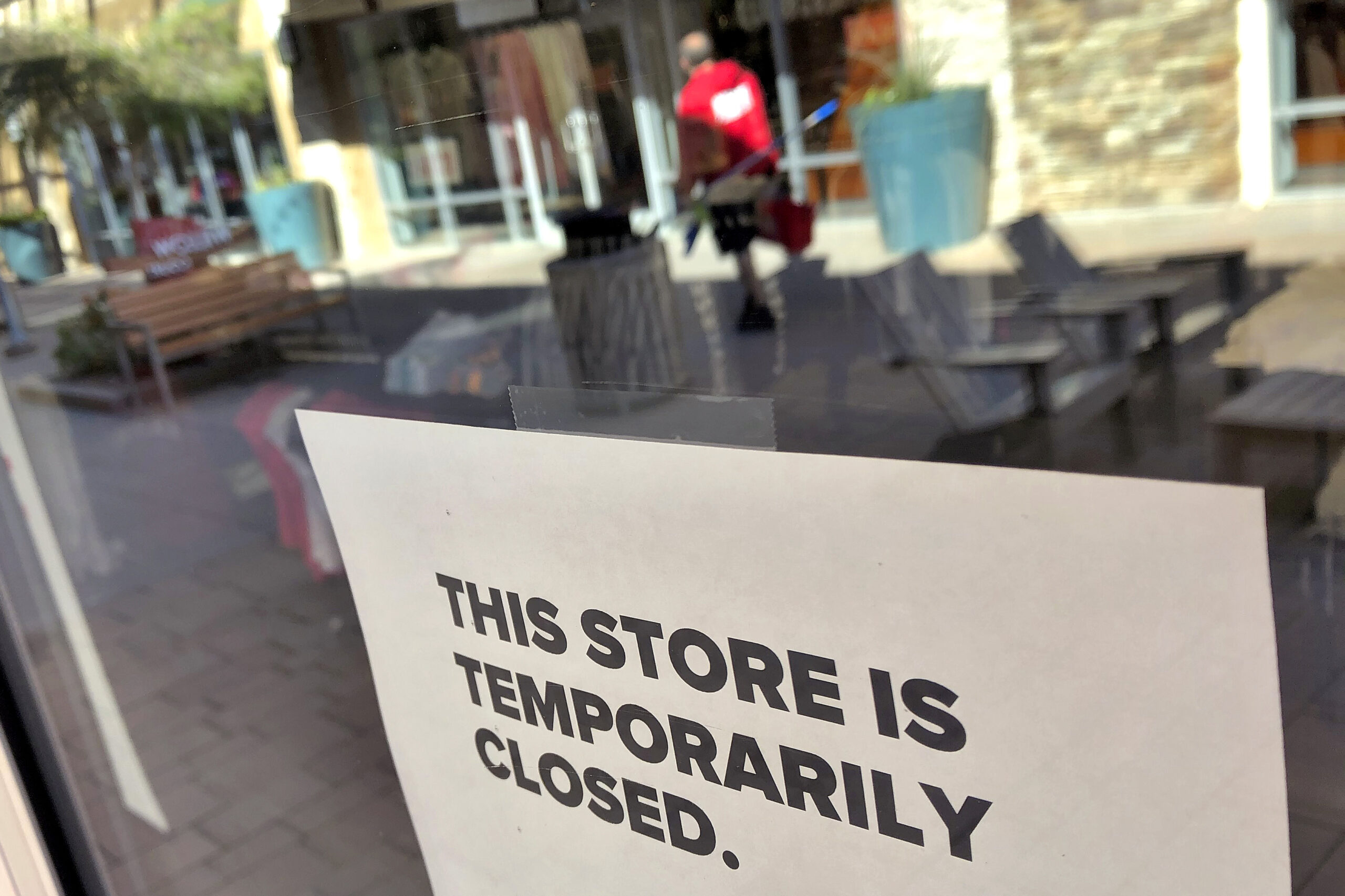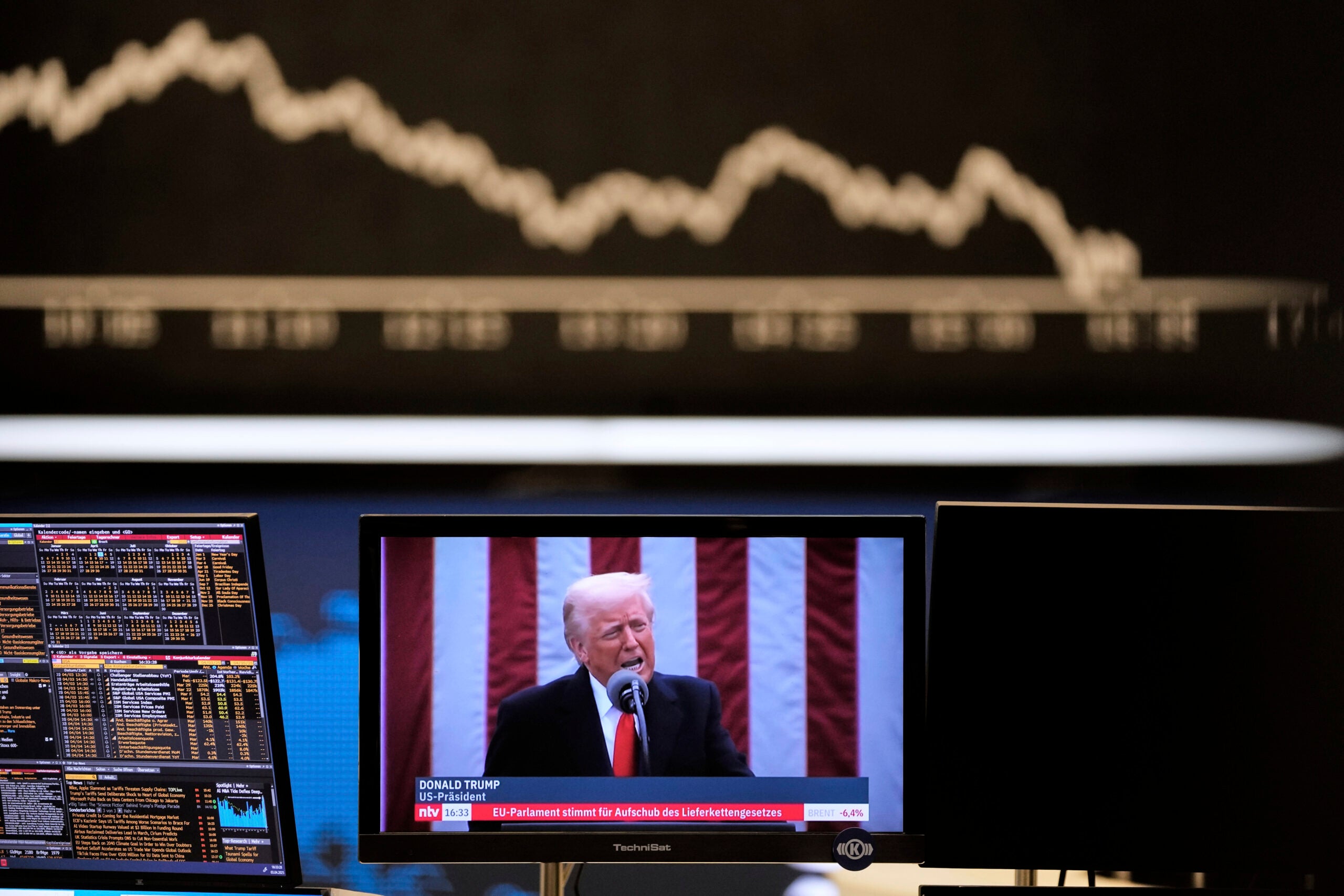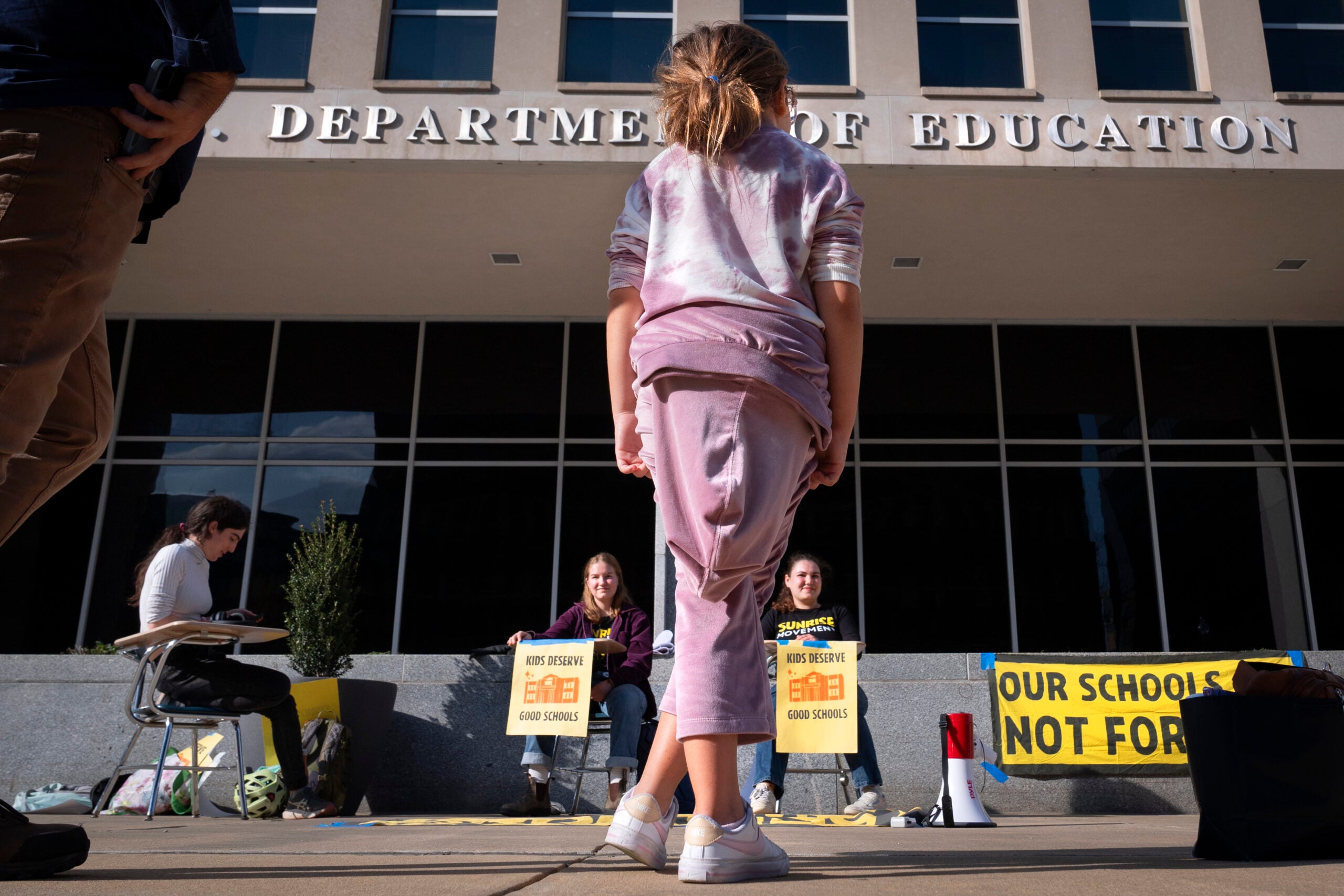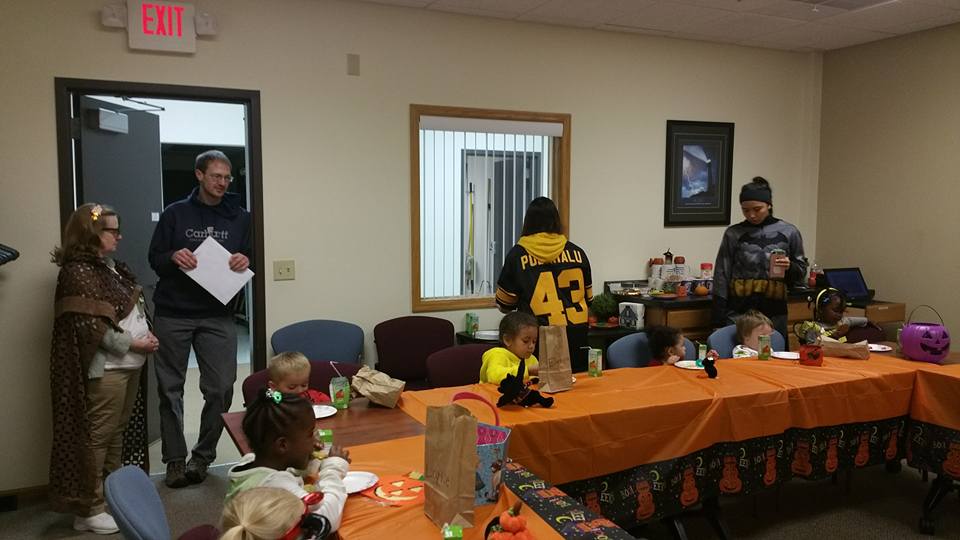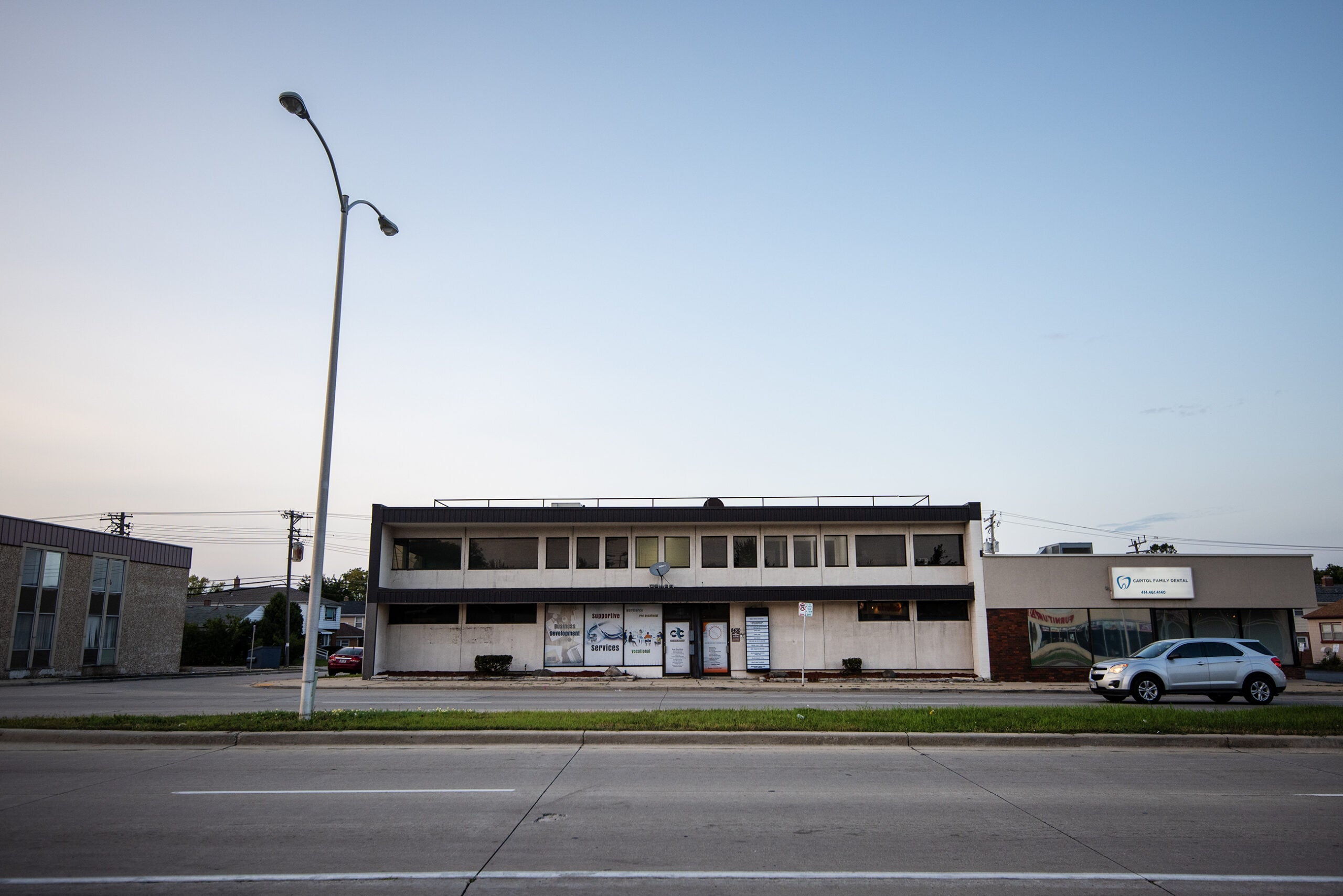After Congress approved a last-minute extension of the federal Paycheck Protection Program, some of Wisconsin’s small businesses say they anticipate needing more financial aid to deal with the economic effects of the COVID-19 pandemic.
The program administered by the U.S. Small Business Administration ended Tuesday at midnight with $134 billion left untapped by businesses. But hours before midnight Tuesday, the U.S. Senate passed a plan that would extend the deadline to August 8. The U.S. House of Representatives approved that plan Wednesday, and it now awaits a signature from President Donald Trump before the program can reopen.
June survey results from the National Federation of Independent Business found that nearly half of businesses surveyed thought they would need more financial aid over the next year.
News with a little more humanity
WPR’s “Wisconsin Today” newsletter keeps you connected to the state you love without feeling overwhelmed. No paywall. No agenda. No corporate filter.
Daryl Sisson, co-owner of Daisy Café in Madison, said he’s one of those businesses. Sisson said he got an initial loan under the program, but with business slower than normal and local restrictions evolving all the time, he needs the ability to apply for a second PPP loan.
Sisson said his first PPP loan was a “lifeline” for Daisy Café.
“I think another one would be another lifeline, without which we still might not be able to stay open,” he said.
But under current restrictions, small businesses can only receive one PPP loan in order to ensure the SBA can provide funding to a wide swath of businesses, according to Shirah Apple, a public affairs specialist with the Wisconsin District Office of the U.S. Small Business Administration.
As of June 27, more than 84,000 Wisconsin businesses were approved for a PPP loan, totaling close to $10 billion.
A majority of Wisconsin businesses applied for and received federal aid in May and June, according to survey results from the Center for Customized Research and Services at the University of Wisconsin-Oshkosh. Jeffrey Sachse, interim director of the center, said in an email that the chief reason businesses surveyed did not receive aid was either that they did not know about the programs or they thought they were ineligible.
Wisconsin Public Radio, © Copyright 2025, Board of Regents of the University of Wisconsin System and Wisconsin Educational Communications Board.

